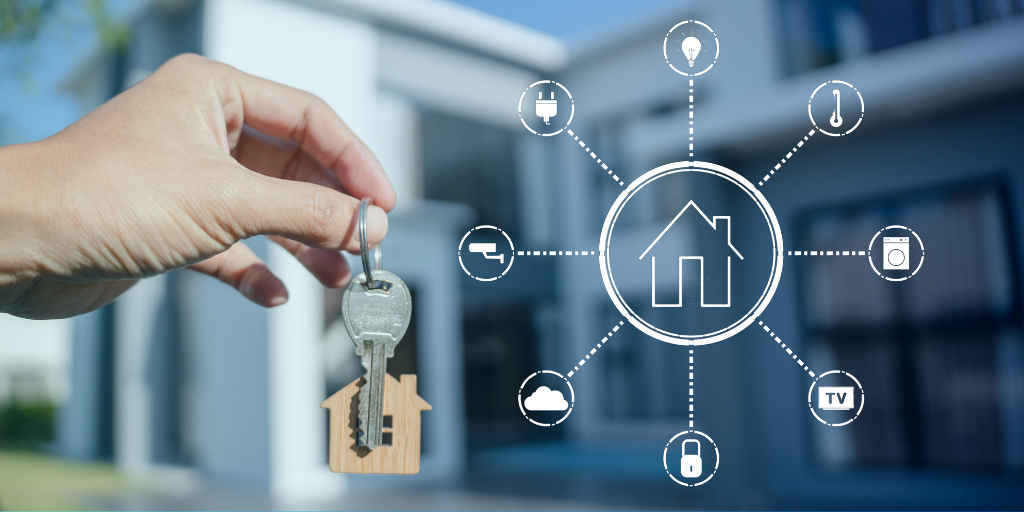Is Your Property Ready for the Smart Home Revolution?
In today’s tech-driven world, smart home technology is rapidly transforming the rental market. From smart thermostats and security cameras to voice-controlled lighting and door locks, renters are increasingly seeking homes equipped with the latest devices. For landlords, this presents both an opportunity and a challenge. While smart home technology can enhance tenant satisfaction and increase property value, it also comes with legal considerations that must not be overlooked.
As we move further into 2024-2025, it's crucial for landlords to understand the impact of smart home devices on both their properties and their legal obligations. Here’s how smart home technology can affect your property management strategy, along with key legal considerations to keep in mind.
How Smart Home Technology is Shaping the Rental Market
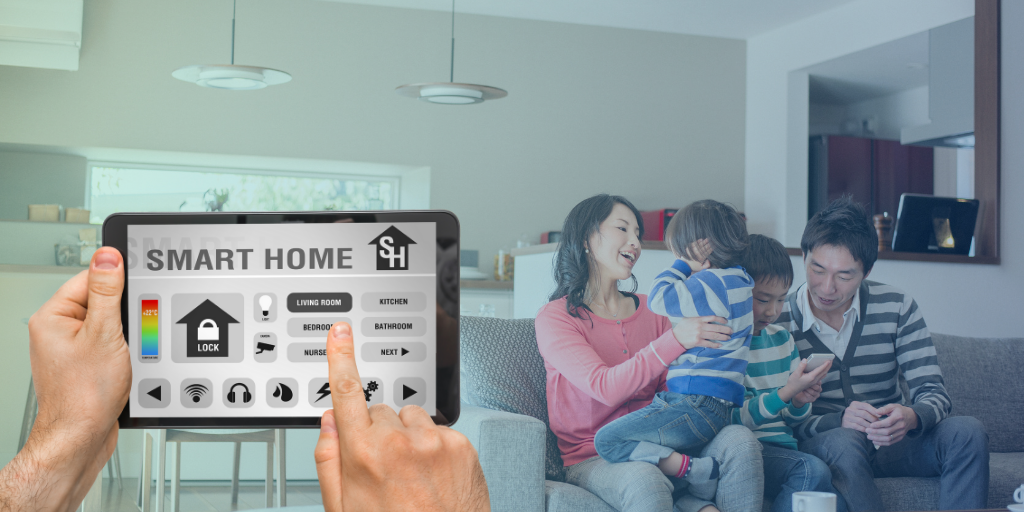
Smart home devices have become a staple in modern living, offering convenience, energy efficiency, and enhanced security. With tenants increasingly prioritizing these features, incorporating smart devices into your rental properties can make your listings more attractive. In fact, according to a survey by the National Multifamily Housing Council, nearly 75% of renters are interested in smart home devices, especially when it comes to controlling heating, lighting, and security remotely.
For landlords, the integration of smart technology can not only elevate the appeal of a property but can also help manage energy costs, reduce maintenance expenses, and provide an added layer of security. However, the use of these devices brings about new considerations that impact both the landlord-tenant relationship and legal obligations.
Key Legal Considerations for Landlords with Smart Home Technology
- Privacy and Data Protection - One of the most significant legal concerns when incorporating smart home technology into rental properties is tenant privacy. Many smart devices collect and store data, including personal information, habits, and even surveillance footage. Landlords must be aware of the legal implications of collecting or accessing such data.
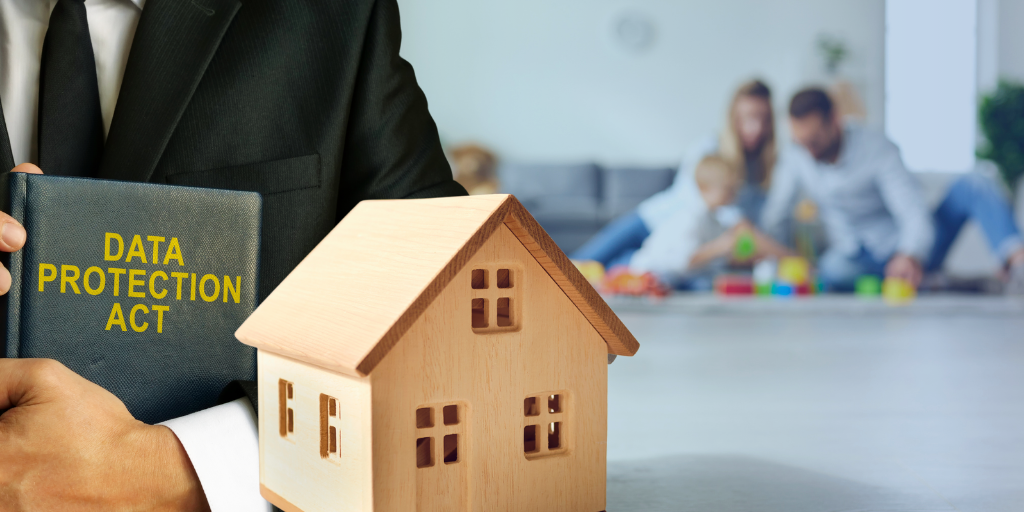
Example: If a landlord installs security cameras or smart doorbells, they must ensure that these devices don’t infringe on tenant privacy. Cameras should not be placed in areas where tenants have a reasonable expectation of privacy, such as inside the rental unit or in private outdoor spaces. Additionally, landlords must disclose the use of surveillance devices to tenants and seek consent, as required by local laws.
Tip: When installing devices like security cameras or smart speakers, include clear terms about their use in the lease agreement. This transparency can help avoid disputes related to privacy concerns.
2. Liability and Safety Risks - Another legal concern is the potential liability associated with smart home devices. For instance, malfunctioning smart thermostats, security cameras, or smoke detectors could lead to property damage or personal injury. Landlords need to ensure that all smart devices are properly installed and maintained to prevent such risks.
Example: If a smart thermostat fails and causes a heating issue that damages the property, the landlord may be held responsible. To mitigate this, landlords should ensure devices are regularly updated, provide tenants with instructions on use, and include device maintenance in their property management plan.
Tip: Make sure to use certified, reliable brands for smart home devices and schedule routine checks to ensure they are working properly. Keep records of any maintenance or updates performed.
3. Fair Housing and Accessibility - Landlords must also be aware of the potential for smart home devices to unintentionally create discrimination issues. For example, offering advanced smart home technology to some tenants but not others could raise concerns about fairness and accessibility, particularly under fair housing laws.
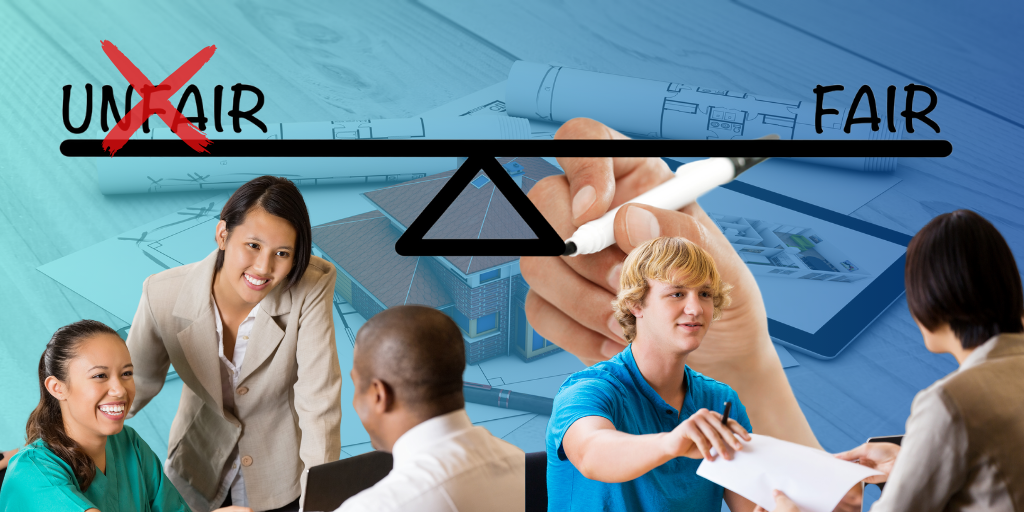
Example: If a landlord installs high-tech security systems only in certain units but not others, it could be perceived as unequal treatment. To avoid this, landlords should ensure that any upgrades, including smart home devices, are made available to all tenants in a fair and consistent manner.
Tip: Before installing smart devices, consider how they can be distributed equitably across all units. Offering upgrades or devices as part of a comprehensive package can help avoid claims of discrimination.
4. Maintenance and Repair Responsibilities - With the installation of smart home devices, landlords may face questions about who is responsible for maintaining and repairing these devices. This responsibility should be clearly outlined in the lease agreement to avoid confusion.
Example: If a tenant’s smart appliance breaks down, it may not be immediately clear whether the landlord or tenant should handle the repair. Specifying this in the lease agreement ensures that both parties understand their obligations.
Tip: Clearly define who is responsible for maintaining and repairing smart devices in the lease. It may be helpful to include a clause stating that tenants must promptly report any issues with the devices to the landlord for resolution.
5. Compliance with Local Laws - Finally, landlords must be aware of any local, state, or federal laws that govern the use of smart home technology. This includes data security regulations and rules surrounding tenant privacy, which can vary by location.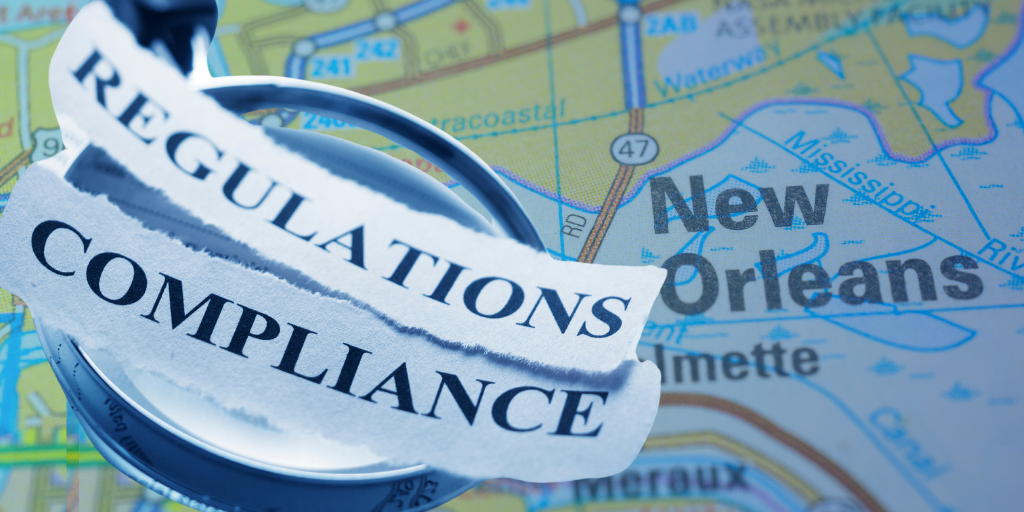
Example: Some states have specific laws regarding data protection, requiring landlords to obtain explicit consent from tenants before installing certain smart devices. Failing to comply with these laws could result in legal fines or lawsuits.
Tip: Research and stay up to date on the regulations in your area to ensure that your use of smart devices complies with all legal requirements.
Conclusion: Adapting to the Smart Home Revolution
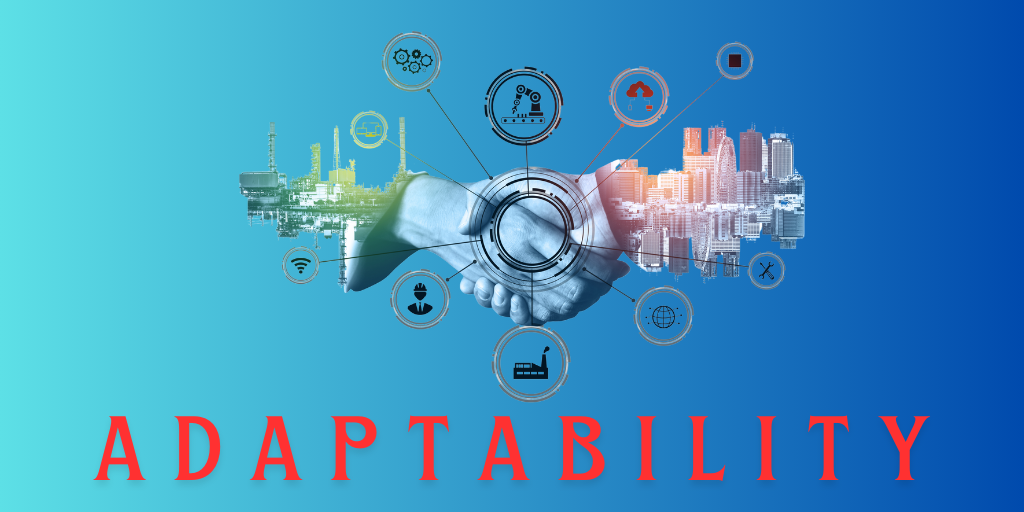
As smart home technology continues to grow in popularity, landlords must balance the benefits of enhanced convenience and security with the legal responsibilities they have to their tenants. By being mindful of privacy, liability, accessibility, and maintenance issues, landlords can successfully integrate smart devices into their rental properties while avoiding legal pitfalls.
With the right approach, smart home technology can elevate your property management strategy, attract quality tenants, and ensure a competitive edge in a rapidly changing rental market. Always consult with a legal professional or property manager to ensure compliance with all applicable laws before implementing smart devices.
For more guidance on managing smart home devices and other property management matters, reach out to Rent Easy Nola. Our expert team is here to help you make informed decisions and manage your properties with confidence.
Contact Rent Easy Nola:
- Phone: +1 985-710-3356
- Email: info@renteasynola.com


